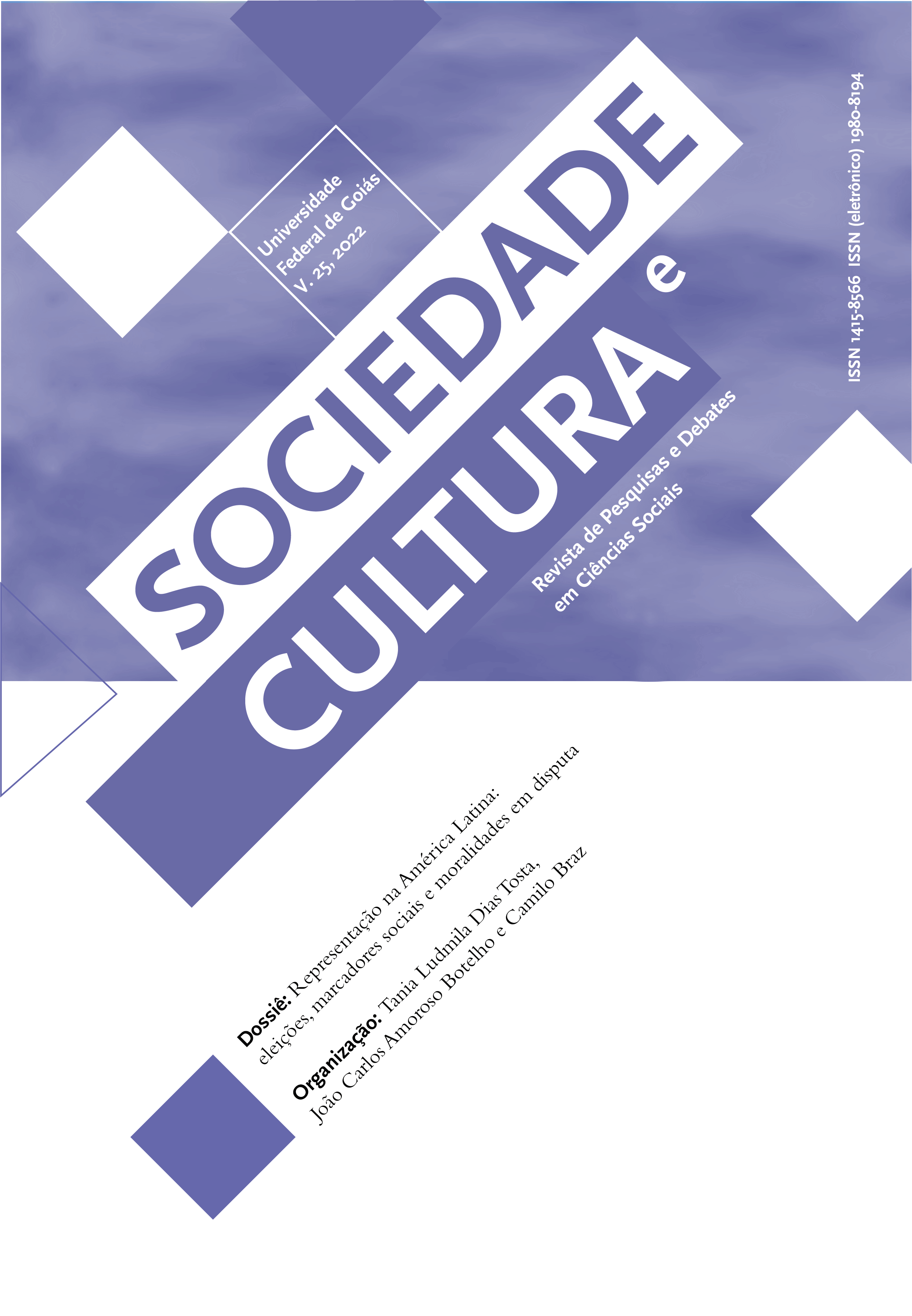Popular economy and cultural politics in Brazil
DOI:
https://doi.org/10.5216/sec.v25.73441Abstract
Based on a comprehensive review, this essay analyzes the relationship between cultural markets and public policy in Brazil. In particular, it examines conceptions that drive these policies, marked by dichotomies largely distinct from those that drive practices in broad sectors of society. Hegemonic ideas usually negatively frame the processes of commercialization of culture, while popular daily practices may recognize market relations as a positive form of social attribution of value, which boosts the production, circulation, and consumption of these goods and services. This divorce between hegemonic conceptions and popular practices has consequences for the effectiveness of policies, especially due to the underestimation of the role of commercial chains of informal and popular cultural offerings. Alternatively, we point to possible advantages of these policies acting in favor of the supply of cultural goods and services through market relations, rather than only through traditional governmental provision.
Downloads
Downloads
Published
How to Cite
Issue
Section
License
Copyright (c) 2023 Sociedade e Cultura

This work is licensed under a Creative Commons Attribution 4.0 International License.
Authors who publish in this journal agree to the following terms:
- Authors retain the copyright and grant the journal the right of first publication, the work being simultaneously licensed under the Creative Commons Attribution License, which allows the sharing of the work with acknowledgment of authorship and of the initial publication in this journal;
- Authors are authorized to enter into additional contracts separately, for non-exclusive distribution of the version of the work published in this journal (eg, publishing in an institutional repository or as a book chapter), with acknowledgment of authorship and of the initial publication in this journal;
- Authors are allowed and encouraged to post and distribute their work online (eg, in institutional repositories or on their personal page) at any point before or during the editorial process, as this can bring productive change as well as increases the impact and the citation of the published work (see O Efeito do Acesso Livre).



